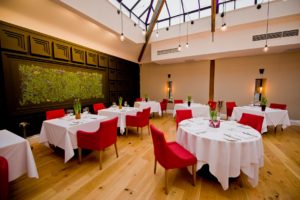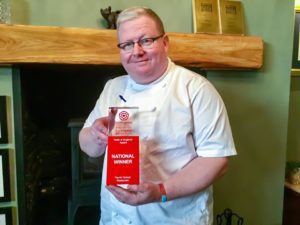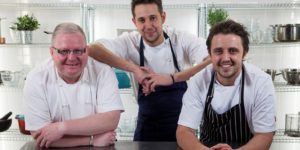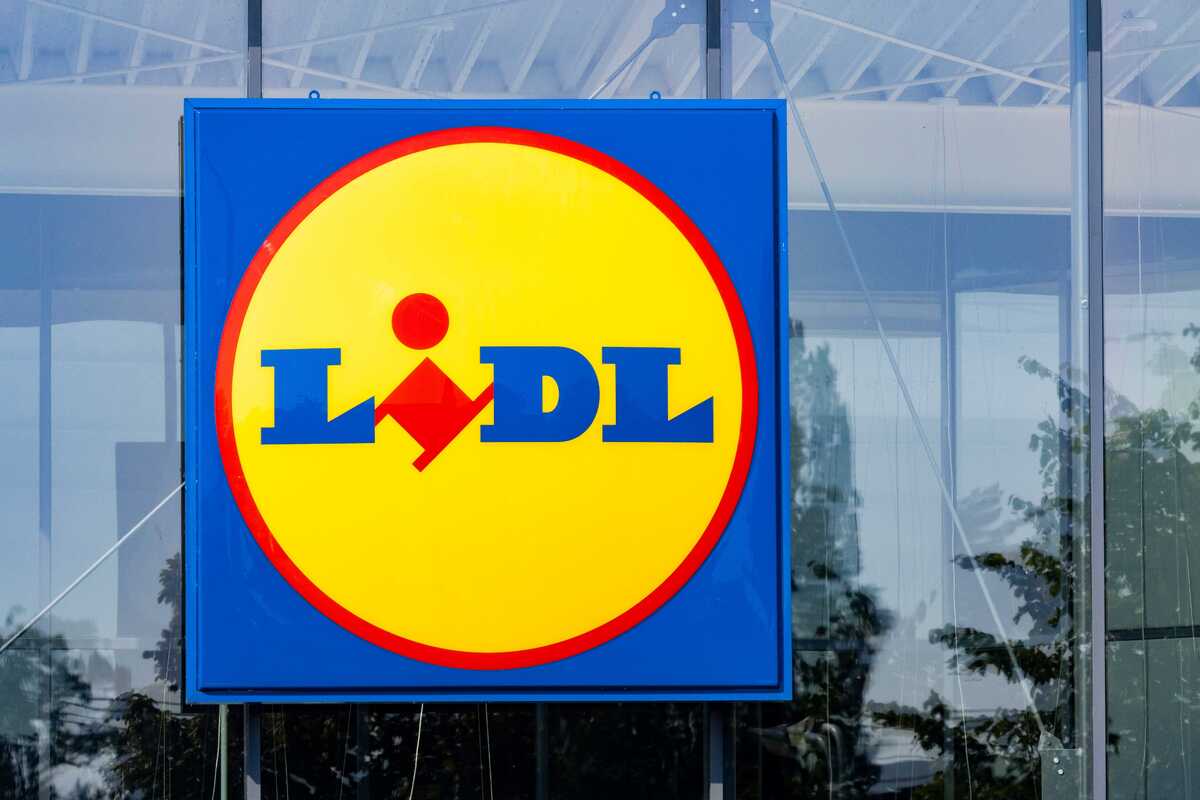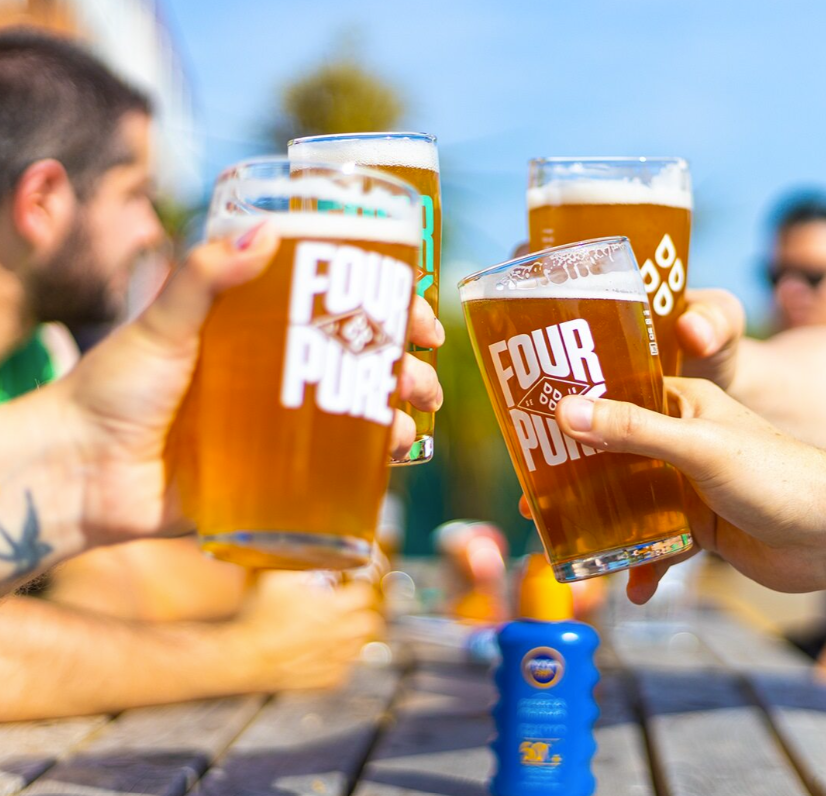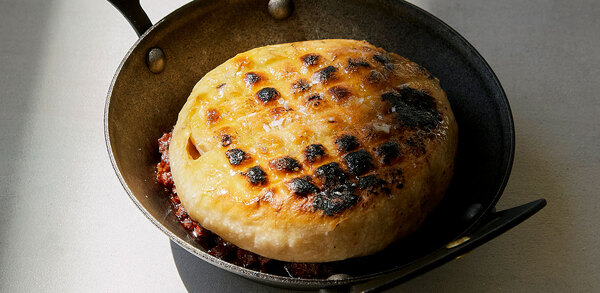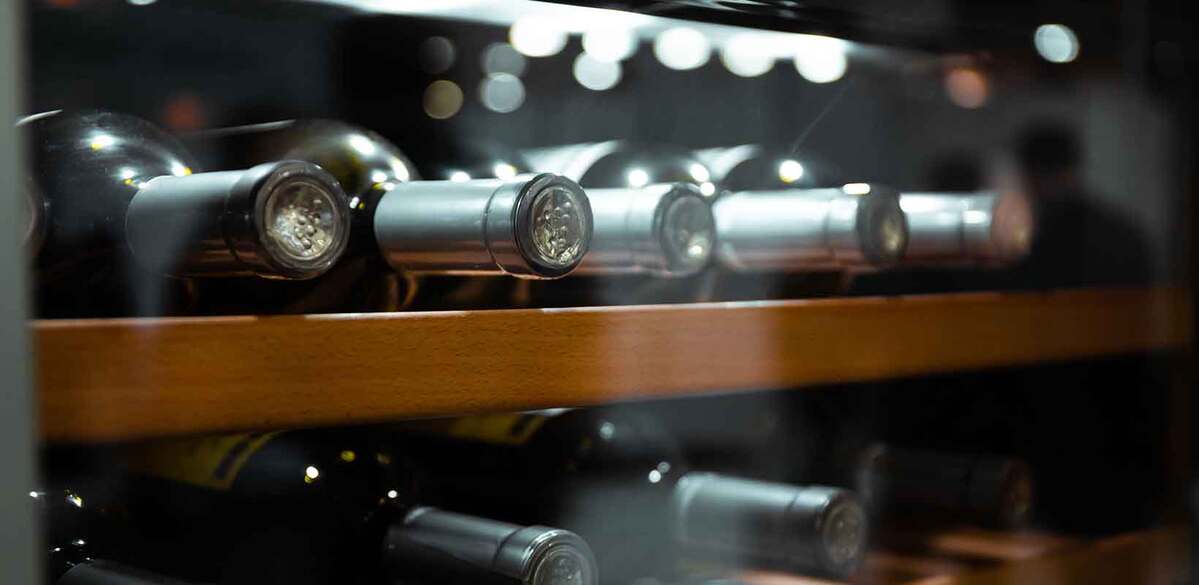Great British Menu chef Paul Askew on his culinary journey
Chef Paul Askew owns the Art School restaurant in Liverpool. This week he features on the BBC Two programme the Great British Menu competing in the North West heat. He tells Katie Pathiaki about his career to date.
How did you start in the industry?
I'm originally from Sunderland, we moved to Liverpool when I was four years old. My dad was a merchant navy sea captain. I had eight different schools and 14 different homes by the time I was 20!
From there he was posted to Singapore, but I returned to the UK to go to school. We would visit often, and I think that Singapore was where I realised I wanted to be involved in food and drink. The produce is incredible. I will never forget the first chicken satay I had.
When I returned to the UK, I took a job at Thornton Hall on the Wirral as a kitchen porter because I wanted to see what kitchen life was all about. Of course I fell in love with the banter, so I told my dad that I wanted to leave school and go to culinary school. But he made me stay on and do my A-Levels. I absolutely hated that! I rebelled, played a lot of rugby and worked in restaurants before going to culinary school at 18.
I did a hotel management institutional operations course, and it has actually helped me over the years. I specialised in cheffing and it was at a time where Great Britain was immersed in prawn cocktails, well done steak chasseur and black forest gateaux, and having seen all the great things I had on my travels I thought âthis is rubbish!â
After I finished my training I started working at a local restaurant on the Wirral and they saw how passionate I was about the job, so they offered me a three year training programme. Through the programme I became a relief chef and moved around different hotels and restaurants to shadow the chefs and occasionally take over.
I enjoyed that very much but when I asked if I could put my own food on the menu, which is what all chefs want to do really, they told me I had to cook the menus from head office, so I got pissed off and left.
As a young bloke I had written letters to all of the big hotels in London: the Ritz, the Savoy the Intercontinental and got a no from all of them â" I swore blind that I would never go to London, which in hindsight was probably foolish. So I went to New York instead.
I got a job as a sous working at a company called Herbets which did outside catering and had four different restaurants. It was bonkers, one minute I was cooking at Saratoga for 500 in the Jockey Club and the next I was in a house cooking a private dinner for 12 lawyers.
I was there for almost two years but it ran its course. If I had a longer work permit I would have gone further in to the city. When I came back to the North West and started getting offered head chef jobs aged 25. I hadnât even finished learning about food let alone anything else!
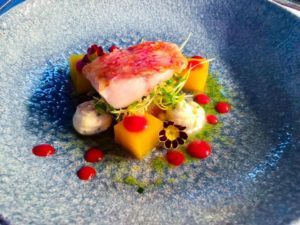
It was at a little place called Wincham Hall just outside of Northwich. I was there for about three years and it was great⦠at the beginning. I wasnât ready, or mature enough for the role, it was the biggest wake up call. I knew the food was going in the right direction but I couldnât control the costs, wages and stock for them. They believed in me and supported me but I realised I didnât want to be that head chef just yet.
I started looking around again and ended up back in Liverpool in 1995 when they were finishing the Philharmonic Hall. So I applied for the job, and thatâs where my reputation began.
I was there for around eight years, doing all of the backstage catering for the performers and crew. However, it was only open if there was a show on which was terribly frustrating so I started doing outside jobs too.
There used to be a huge festival in Liverpool called the Summer Pops on the Kingâs Dock. We would do the backstage catering, one minute I would be cooking for Elton John then I was off to the town half for the Queen. It was so diverse and thatâs why I loved it!
In 2003, I opened Liverpoolâs first boutique hotel and restaurant, the London Carriage Works, with three partners. We won loads of awards and built up a reputation. Sadly the other shareholders didnât want to go on the culinary journey I wanted to.
Looking back, I hadnât learnt that the culinary ambition of a chef needs to match the business needs not just what you think it needs. That was a very hard lesson to learn. We were doing so well and I knew we were getting closer to what I knew we should achieve and then they changed tack and that almost killed me. I lost some of the key people I had been working really hard on and it knocked me back about four or five years. I wanted to win Liverpoolâs first Michelin star, which I still want to do.
Over 13 years, I learnt so much, but by the end of it it was obvious I was in a culinary cage. It was time for me to do go out on my own and luckily over time my share capital in the London Carriage Works grew enough so I am not beholden to the banks.
Everything I had experienced over the years and I knew could be done were done, and even some of those that we didnât think could be done we did too!
Is it hard to find staff?
It is. When we opened we took the decision to grow our own. We work with the colleges and try to do exchange programmes â" all sorts! Being a fellow and joint chair or the north for the Royal Academy of Culinary Arts, I do a lot of work with schools trying to enthuse people from an early age to get in to the business because the main problem is attracting the right calibre of people. Thatâs something I have wrestled with all my life.
When we started we took on seven apprentices, and that was a job on its own! It took us a little while to find a rhythm and now two and a half years on I feel like it was the best thing I ever did because they have so much passion and energy. They get it and have the extra-mile mentality.
Iâm always trying to find way to keep my staff energised by doing competitions, taking them out to farms and having tasting menus together then they feel as if we are learning and developing together.
Iâm working on something now where I will organise for Daniela [Tucci, Young National Chef of the Year finalist] to go on stages for a month at a time, then come back and bring new skills with her. Rather than her go for two years â" or forever â" she will be able to see more places this way and hone her new skills here.
The Art School has just won the Taste of England award at the Visit England Excellence Awards 2017, how do you feel?
I really didnât expect to win. For me it really endorses what I have been banging on about for all these years; Liverpool isnât just about stag and hen weekends but for food culture too. There are a lot of great restaurants in Liverpool but I think we need to see more ambition. I hope the award will push people on!
I think we are going to see a positive turn in business after winning the award, at least for the next year we will have extra exposure from Visit England, and the art School will be the go-to restaurant for people to visit. If you travel to Europe, what is the first thing you do? Go and eat!
How would you describe your food style?
Itâs modern European, and for me itâs all about the ingredients. We spend hours looking for the best in the area and I adore the seasonal changes. If itâs not about the ingredients and if thatâs not where it starts then for me itâs not good food in the first place.
We are very lucky. People donât realise what great produce we have in this area, we pull in from the Wirral, North Wales and the Lancashire/Cheshire as well. For me, I want to get that message it. we do have a food culture whether itâs potted shrimps from Southport or sea bass from Liverpool bay itâs stunning ingredients but people donât think about it.
Iâm classically French trained, thereâs a little bit of Singapore in me and the Middle East because of my travels as a young man, alongside a bit of North American which has many influences so I suppose itâs an interesting repertoire.
I like formal service, but here I think we manage to keep it quite light. I like to give an amuse bouche, champagne and canapes on arrival and I suppose some people would say itâs classical, but we have modernised it. I donât want to try and be over fussy and over stuffy â" I want to just be natural and look after people.
Tell me about your experience on Great British Menu this year. Are you excited to see yourself on the show?
I donât think excited is the right word⦠Iâm apprehensive! You never know what people are going to think of you.
On the first day we were all stood around talking and I said the only person I didnât want was as our veteran judge was Daniel Clifford! Then the door opens and he walks in, maybe it was meant to be!
On one of the days we had to stop filming because it was so hot in the kitchen we almost fainted, and Iâve never done that in my life. I must have done my meringue three times and every time the heat destroyed it!
What do you think will come from you being on the show?
I certainly didnât do it for the good of my health! God almighty, it takes over your life.
Itâs great for driving business, and it gives us the chance to do the things we need to do to attract the right calibre of chef. Thatâs the way the industry is, you have to be a media whore! Twitter and Instagram is huge in our business, itâs all image led of course. You almost have to take photos of your food now donât you! To be honest, the guys in the kitchen would be disappointed if you didnât.
What are your plans for the future?
Iâm working on a cookbook to be released at the end of November. Itâs a story about why Iâm a chef, why I do what I do, the Art School and about nine recipes from each season. I am also going to feature my food heroes â" most of them are from the Wirral! Itâs as much for the city as it is for me. Itâs a huge workload, like doing three Great British Menus back to back. Itâs good discipline for us chefs actually, because you have to think about the recipes in a way everyone can understand.
Are you happy?
Yes. Knackered but happy. I donât mind that, Iâd rather fall in to bed knowing Iâd done something really good and get up in the morning and have three gallons of tea. Putting in the work has given us a chance to open a private dining room and downstairs, and we have just taken over the bar which we are going to turn in to the Art School cellars. We will take people down there for champagne and wine for pre and post dinner, but also people can pop in and have a bit of cheese with charcuterie and bread.
I donât want five or six restaurants. I want this to be Le Gavroche of the north.



